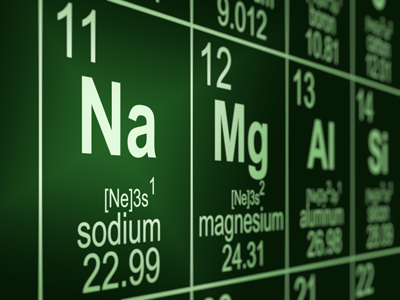
Bonding - Ionic
The properties of a substance depend on what atoms are present and how those atoms are bonded (held together). For GCSE Chemistry, you need to know about three types of chemical bonding - ionic, covalent and metallic. This quiz is all about ionic bonding which combines metal and non-metal atoms and produces materials with high melting and boiling points which are usually soluble in water and made from giant lattices of ions that will conduct electricity if they are molten or dissolved in water.
Ionic bonding is the type of bonding that occurs when metals combine with non-metals. During this type of bonding, electrons are transferred from metal atoms to non-metal atoms to form compounds. The metal atoms form positive ions and the non-metal atoms form negative ions. It is only the outermost electrons that are involved so it is important that you are confident working out the electron arrangement of the first twenty elements.
Low boiling point
High melting point
High melting point
Low melting point
Ready for more?
not all...
quizzers. Try to win a coveted spot on our Hall of Fame Page.







